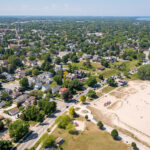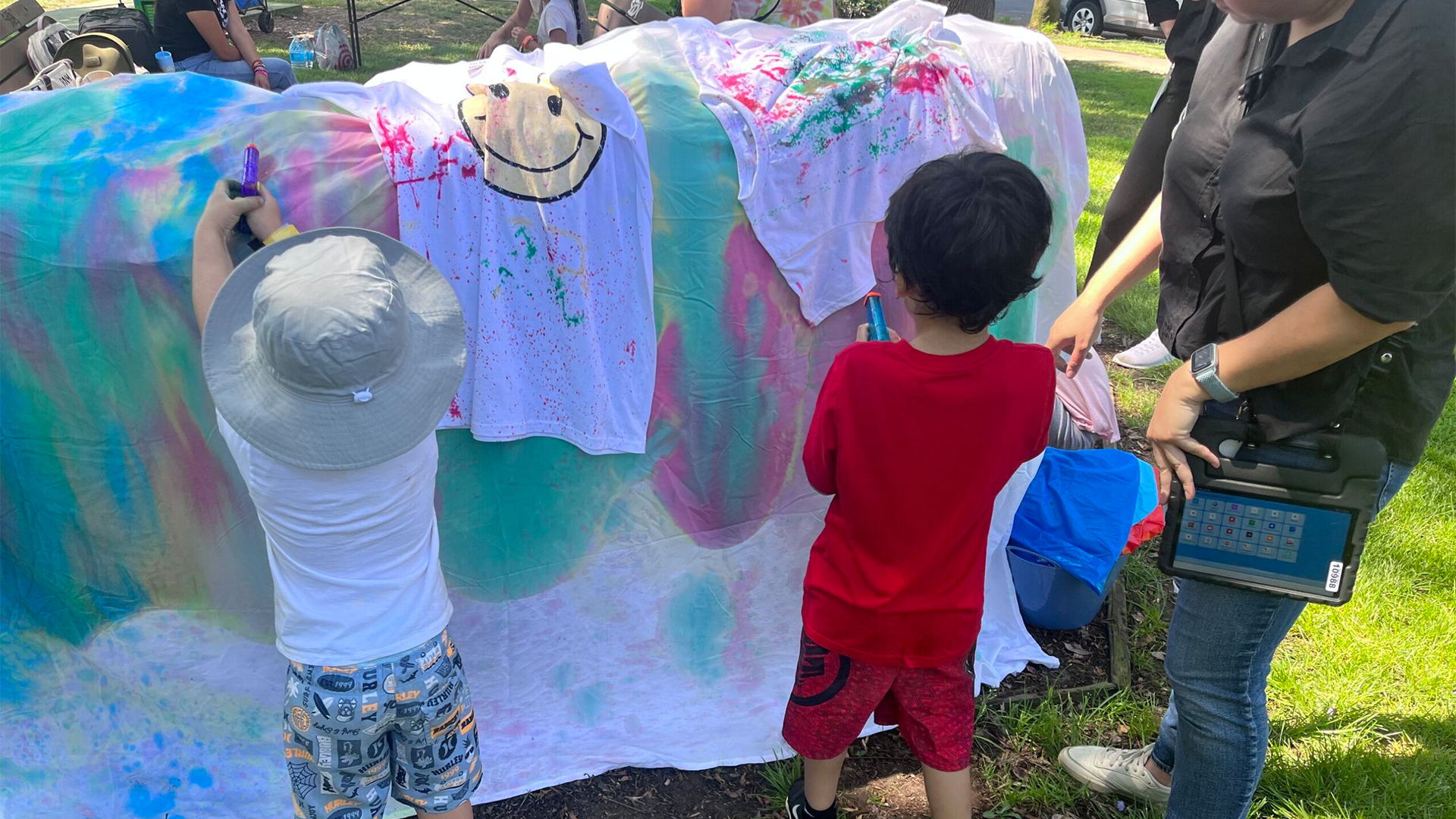February 10, 2026
Making the Most of Summer Break by Building Essential Skills
FEATURED POSTS
January 27, 2026
December 30, 2025
As the school year draws to a close, summer break ushers in a bit of a recess for parents — a hiatus from packed lunchboxes, school runs, and homework.
For families with children with autism, though, summer break can also mean disruption to your routine. It can create a lack of social interaction, and it can mean there are more demands on your time as a parent.
Here’s where you can turn those challenges around. Summer doesn’t have to be a lull in the progress your child with autism has been making all year. All you need is a strategy to leverage summer break to be a time to help your child build essential skills.
That starts with setting clear goals, creating a new routine, and incorporating skill-building into fun activities. But how do you do that?
Look for Structured, Play-Based Programs
The first step is to find a program that can keep your child engaged in social activities. Providers in cities across the country offer structured, play-based social skills programs. These programs are crafted with children in mind, aiming to bolster key skills such as socializing, communication, cognition, and sensory perception — all through the power of play.
These summer programs often take place in play-based, group settings, mirroring the school environment, but with the added benefit of one-on-one support. They foster collaboration and inclusion, often welcoming siblings to join, too.
Building a More Trusting Environment
Next, make sure your child is engaged in the process. In the world of applied behavior analysis (ABA), behavior technicians and behavior analysts lead summer social skills programs and promote group activities that help children build friendships.
Programs group children of similar age and skill level and include age-appropriate games and activities. This helps them to learn and communicate effectively.
You might hear your ABA provider using terminology like taking an “assent-based practice.” That’s an approach that focuses on making sure your child agrees to participate in treatment. Using an assent-based practice, therapists encourage children in the program to step out of their comfort zone and try new things. This approach is person-centered and fosters a safer and more trusting environment.
Staying Active to Prevent the ‘Summer Slide’
The “summer slide” refers to the learning loss students experience during summer breaks. Social skills programs for children with autism can play a crucial role in preventing the “summer slide” by promoting continuous growth and development.
These strategies can turn summer break challenges into opportunities to:
- Build a consistent routine: A summer social skills program that provides a consistent daily schedule is often comforting to children with autism.
- Help your child retain skills: By continually practicing social skills throughout the summer, your child can retain and even improve upon the skills they learned during the school year.
- Encourage peer Interaction: Summer programs offer opportunities for social interaction with peers, which is critical for building friendships.
- Foster personal growth: Summer social skills programs can boost self-esteem and confidence by providing opportunities for success and achievement.
- Give you a respite: Summer programs can also provide parents with a much-needed break, allowing you to recharge while knowing your child is in a safe and nurturing environment.
Summer break can be more than just a pause from school. With the right approach and resources, it can be a valuable opportunity for your child with autism to continue their development and build essential skills.
By integrating structured play-based programs into your summer routine, you can foster a trusting environment that encourages personal growth and social interaction, while also providing a much-needed respite for you as a parent.
So, view this summer not as a challenge, but as a chance to fuel your child’s progress, further nurturing their unique potential.
Click here for more ideas on making the most of summer.








